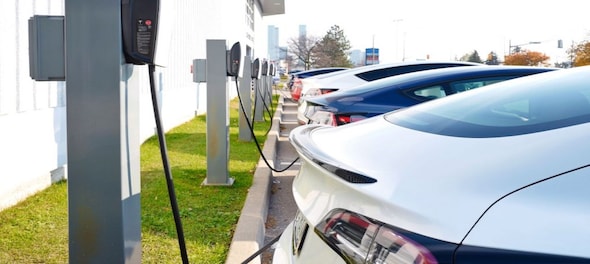
After numerous electric two-wheeler fire incidents, India stepped up quality testing norms this year. The Union government is now planning to start EV battery testing centres in Mumbai and Kolkata as soon as the next fiscal year, Nidhi Khare, Additional Secretary of Consumer Affairs, told CNBC-TV18. The average testing time for EVs is 30 days for now.
The government is getting serious not just about EV battery testing but also about bringing quality consciousness. Khare also said that the government may soon impose penalties on companies over fire incidents in EV vehicles. The Consumer Protection Authority (CCPA) had sent notices to the companies in July this year after several incidents came into the spotlight. As per reports, CCPA is not satisfied with the companies' response to fire incidents.
The government is also set to launch the National Testing House (NTH) app to bring quality consciousness, verify consumer claims, and conduct tests as per mandated standards. As per Khare, public procurement of bulk buys needs quality assurance, and the government hopes to achieve this through this app. She also pitched for continued support needed for third parties, industry partners, and new satellite centres to be established.
Khare said that new machines would be brought in for modernisation to replace multiple manuals to ensure faster quality checks and lower costs. In addition, the PM Gati Shakti portal is being used to aid the industry by establishing testing infrastructure.
Also Read: EV SUV options set to accelerate as faster breakeven to help negate initial cost difference
Additionally, DPIIT's Additional Secretary Anil Agrawal told CNBC-TV18 that the government aims to implement 50 to 60 quality control measures in 2023. He added that the government was looking at a robust market surveillance system to curb counterfeit goods.
He also said that Quality Control Orders (QCOs) are aimed at areas where India has enough domestic capacity or unnecessary imports. "There shouldn't be any disparity between domestic products and those meant for export," he said.
Agarwal stressed the need for a quality-focused mindset to be part of the global value chain. Government sources said that it is not targeting any particular country with quality control measures aimed for the next year. The industries impacted by these measures are consumer, rubber, cement and engineering goods.
First Published: Dec 19, 2022 1:45 PM IST
Check out our in-depth Market Coverage, Business News & get real-time Stock Market Updates on CNBC-TV18. Also, Watch our channels CNBC-TV18, CNBC Awaaz and CNBC Bajar Live on-the-go!


Andhra Pradesh: Kuppam loyalty test for TDP chief Chandrababu Naidu
May 6, 2024 9:35 AM
PM Modi visits Ram Mandir for first time since 'Pran Pratishtha', offers prayers before roadshow
May 5, 2024 8:59 PM

